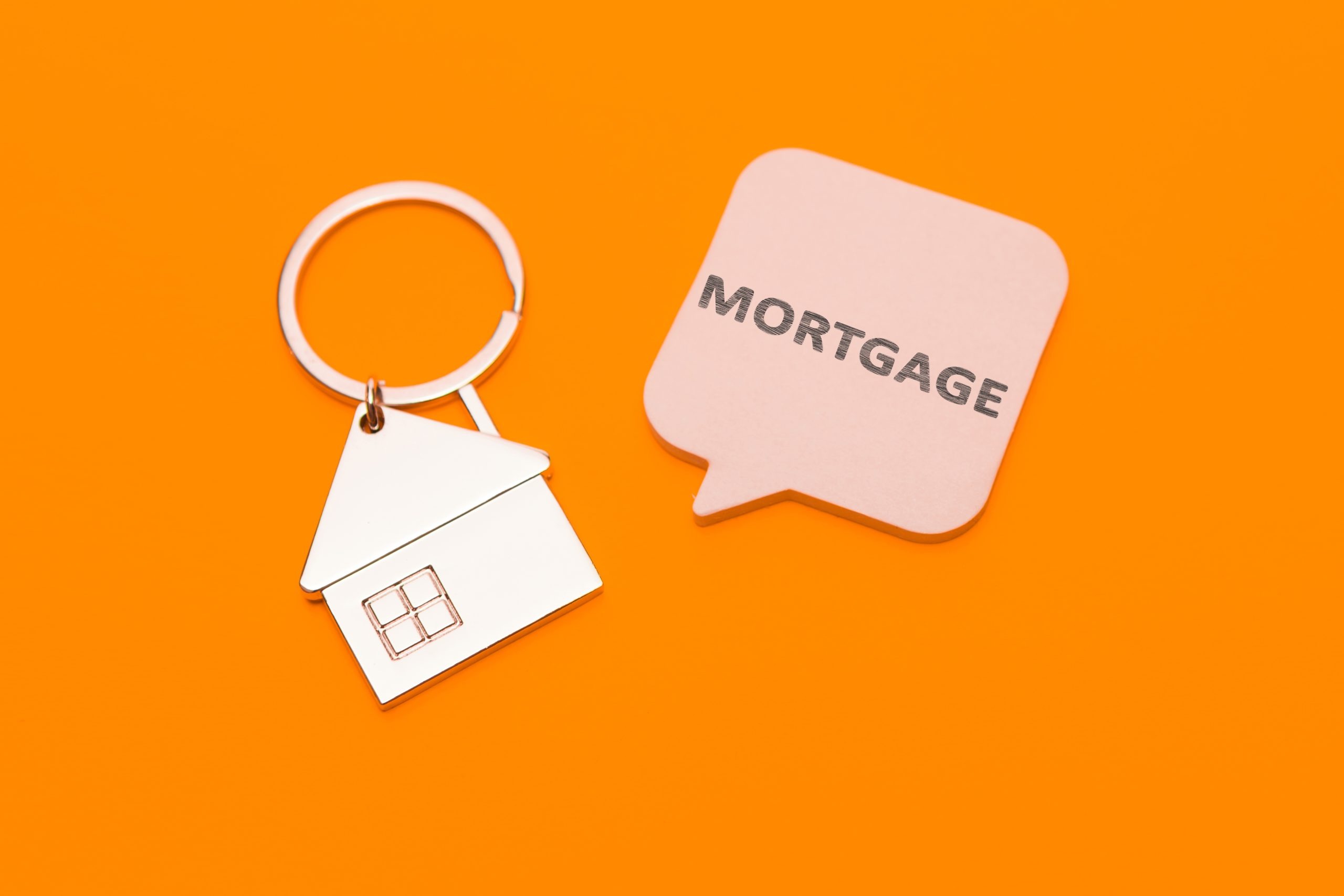
Buying a home in Dubai often requires financing, and borrowers must choose between Islamic and conventional mortgages. Both options have unique features, benefits, and drawbacks. Understanding their differences helps homebuyers make informed decisions. In this blog, we will explore Islamic Mortgages vs. Conventional Mortgages in Dubai, comparing their structures, benefits, and challenges.
What Are Islamic Mortgages?
Islamic mortgages follow Sharia-compliant financing principles, avoiding interest-based transactions. Instead of charging interest, banks use profit-sharing structures.
Key Features of Islamic Mortgages
- Murabaha Financing: The bank buys the property and sells it to the buyer at a profit.
- Ijara (Lease-to-Own): The bank owns the property and leases it to the buyer with fixed payments.
- Musharakah (Partnership Model): The bank and buyer jointly purchase the property, and ownership transfers gradually.
- No Riba (Interest): Transactions do not involve interest, making them Sharia-compliant.
- Ethical Financing: Investments align with Islamic principles and avoid prohibited activities.
What Are Conventional Mortgages?
Conventional mortgages involve interest-based lending, where borrowers repay the principal with added interest.
Key Features of Conventional Mortgages
- Fixed and Variable Interest Rates: Borrowers choose between stable or fluctuating interest rates.
- Loan-Based Financing: The bank lends money to the buyer, who repays it with interest.
- Long-Term Payment Plans: Conventional mortgages offer flexible repayment terms, often up to 25 years.
- Market-Driven Interest Rates: Mortgage rates depend on economic factors and central bank policies.
- Lower Initial Costs: Upfront costs may be lower compared to Islamic mortgages.
Differences Between Islamic Mortgages vs. Conventional Mortgages in Dubai
1. Interest (Riba) vs. Profit-Sharing
- Islamic mortgages do not charge interest but earn profits through asset sales or leasing.
- Conventional mortgages charge interest on borrowed money, which accumulates over time.
2. Ownership Structure
- Islamic mortgages involve shared ownership or bank-owned properties during repayment.
- Conventional mortgages immediately transfer ownership to the borrower.
3. Loan Repayment Model
- Islamic mortgages use fixed pricing, where buyers know the total cost upfront.
- Conventional mortgages involve fluctuating payments based on interest rate changes.
4. Early Settlement Fees
- Islamic mortgages may have lower or no penalties for early repayment.
- Conventional mortgages often include prepayment penalties.
5. Legal Framework and Compliance
- Islamic mortgages follow Sharia law, ensuring ethical and interest-free financing.
- Conventional mortgages operate under standard financial laws, allowing interest-based lending.
Advantages of Islamic Mortgages
- Sharia Compliance – Suitable for buyers who prefer ethical and interest-free financing.
- Fixed Costs – Buyers know the total amount in advance, avoiding unexpected interest hikes.
- Ethical Investment – Funds avoid industries such as gambling, alcohol, and speculative businesses.
- Flexible Ownership Models – Various structures like lease-to-own and shared ownership offer flexibility.
- Lower Risk of Debt Accumulation – Profit-sharing models reduce financial risk for borrowers.
Advantages of Conventional Mortgages
- Lower Monthly Payments – Interest-based loans often result in lower initial payments.
- More Financing Options – Borrowers have access to a wider range of loan structures and banks.
- Easier Qualification Process – More banks offer conventional mortgages, increasing approval chances.
- Market-Driven Rates – Interest rates fluctuate, sometimes offering lower rates than fixed Islamic mortgage structures.
- More Flexible Repayment Terms – Borrowers can choose between fixed or variable rates for better financial planning.
Challenges of Islamic Mortgages vs. Conventional Mortgages in Dubai
Islamic Mortgage Challenges
- Higher upfront costs due to profit-based financing.
- Limited availability of Sharia-compliant financing institutions.
- Complex documentation and approval processes.
- Restricted investment options compared to conventional banks.
Conventional Mortgage Challenges
- Interest payments increase the total cost over time.
- Risk of higher payments due to fluctuating interest rates.
- Prepayment penalties for early loan settlements.
- Ethical concerns for borrowers following Islamic finance principles.
Which Mortgage Is Best for You?
Choosing between Islamic Mortgages vs. Conventional Mortgages in Dubai depends on financial goals, religious beliefs, and risk tolerance.
Choose an Islamic Mortgage If:
- You prefer ethical, Sharia-compliant financing.
- You want fixed, predictable payments.
- You seek ownership structures with shared risk.
Choose a Conventional Mortgage If:
- You prioritize lower initial costs.
- You are comfortable with interest-based financing.
- You need a wide range of financing options and flexibility.
Conclusion
Understanding the differences between Islamic Mortgages vs. Conventional Mortgages in Dubai is essential for making an informed decision. Both options offer unique benefits and challenges. If ethical and interest-free financing matters to you, an Islamic mortgage may be the best choice. If flexibility and lower initial costs are more important, a conventional mortgage could be a better fit. Evaluate your financial needs and consult mortgage experts before making a final decision.
Read our Latest Blog
Compare Loan Options with a Calculator




